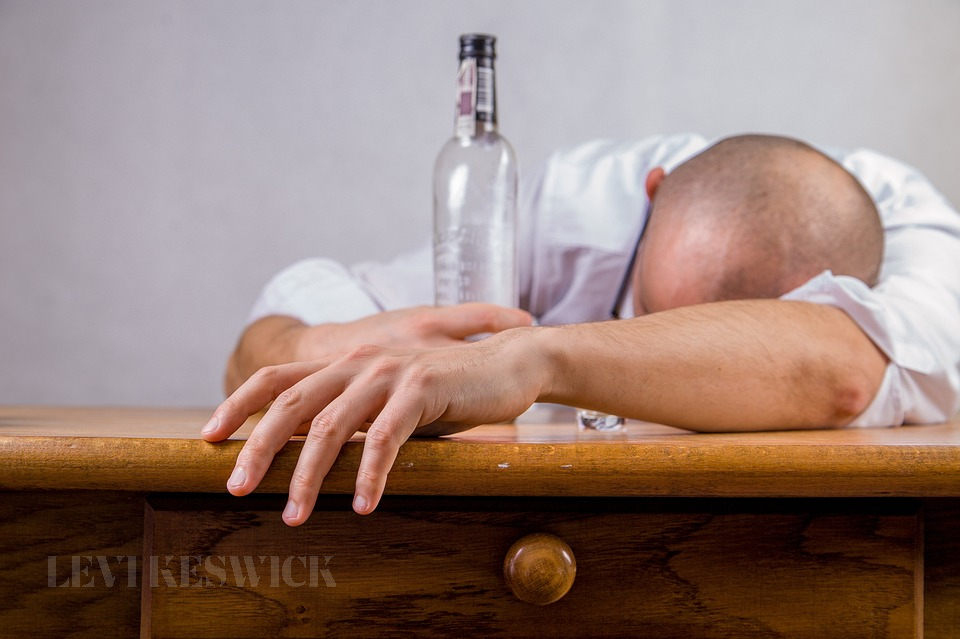When it comes to addiction, professional help can be the difference between life and death. It is a serious disease that requires special care in order to overcome. Those who are struggling with addiction should seek professional help as soon as possible. This article will discuss the benefits of going down this road.

Intensive Care
The process of recovery is a long and hard one, which is why your body and mind will require intensive care. This is the most effective type of addiction treatment because trained professionals are there to help you 24/hours a day, seven days a week. You will have access to resources that will promote healing and provide support during difficult times. It is also important because it allows you to focus on your recovery without having to worry about the outside world.
Your body will detoxify in a safe and controlled environment. This is essential for long-term recovery because it helps rid your body of the toxins that have built up over time.
Supervision
Quitting an addiction is a hard process that has to be done, and it’s much easier to do it when someone is watching over you. Supervision is not just for little kids, it’s also for people who are trying to get over an addiction. A professional can help make sure that you’re staying on track and not relapsing.
It’s important to have someone there to help you because addiction is a powerful thing. It can be easy to give in to the cravings, especially if you’re going through a tough time. But if you have supervision, then you have someone who can help talk you through it and stop you from doing something that you’ll regret later.
Emotional Support
Your mental health needs to stay stable while you’re going through detox and withdrawal. That can be really tough to do on your own. A professional addiction treatment program will have emotional support available 24/seven. You’ll be able to talk to someone who understands what you’re going through whenever you need to.
That kind of support is essential for helping you stay the course during treatment. It can make all the difference in whether or not you succeed in recovery. If emotional support is something that’s important to you, make sure to look for a treatment program that offers it.
A Better Environment
Professional facilities provide you with a very calming environment. They usually consist of the following things:
- a well-kept and comfortable space
- a staff that is available to help 24/seven
- a secluded location away from any triggers or stressors
- a supportive community
This environment is specifically designed to help you feel relaxed and safe so that you can focus on your recovery.
Coping With Withdrawal
Withdrawal is the hardest part of overcoming addiction. It’s important to have a support system in place to help you through this difficult time. Professional help can provide you with the tools and resources you need to successfully cope with withdrawal.
Coping with withdrawal is a difficult process, but professional help can make it much easier. Withdrawal symptoms can be extremely uncomfortable, and even dangerous. Having someone to help you through the process can be invaluable. Professional help can provide you with the resources and support you need to successfully cope with withdrawal and overcome addiction.
Restarting Life
After receiving professional treatment, it’s going to be much easier to restart your life in a more positive direction. You’ll be able to take control of your life again and set yourself on a path that leads to success, not destruction. No longer will addiction rule your decisions and dictate how you live your life. Instead, you’ll be in charge of your own destiny and will be able to create the life you’ve always wanted for yourself.
It’s going to be easier to rebuild relationships and find new ones that are supportive and positive. You’ll also be able to pursue your dreams and goals without letting addiction get in the way.
Preventing Relapse
Professional care will teach you strategies and tactics for preventing relapse. It will also give you a support system to help you stay on track. You’ll learn about your triggers and how to avoid them. You’ll also learn how to cope with cravings and temptations. All of this is important for preventing relapse and staying sober in the long term.
For example, let’s say you’re a recovering alcoholic. You may have triggers that make you want to drink, such as being around other people who are drinking or being in situations where alcohol is present. If you’re aware of your triggers, you can avoid them or be prepared to deal with them if they come up.

Addiction is a serious problem that needs to be dealt with as soon as possible and professionals can provide intensive care, supervision, and emotional support. Facilities are also great recovery environments that will help you with withdrawal symptoms. It will be much easier to restart your life after finishing your treatment, and relapse will never come to mind!













